Our History
For over 50 years, the Airline Dispatchers Federation has been at the forefront of advancing the aircraft dispatcher profession, from establishing certification standards to championing modern operational practices.
Timeline of Achievements
1973: Foundation
The Airline Dispatchers Federation is established by a group of forward-thinking dispatchers who recognized the need for a unified voice in the aviation industry. Initial membership includes dispatchers from 12 major airlines.
1978: Certification Standards
ADF successfully advocates for the inclusion of aircraft dispatcher certification requirements in FAR Part 65, establishing formal qualifications and testing standards that remain the foundation of dispatcher certification today.
1985: International Recognition
ADF gains observer status at ICAO, beginning decades of international advocacy for dispatcher standards. This marks the start of global efforts to harmonize dispatcher qualifications and operational procedures.
1991: Joint Responsibility Codified
Through persistent advocacy, ADF helps strengthen regulatory language affirming the joint responsibility model between pilots and dispatchers, ensuring dispatcher authority is clearly defined in federal regulations.
1995: ICAO Standards Achievement
ADF’s international efforts culminate in ICAO adopting comprehensive flight dispatcher standards, establishing global recognition of the dispatcher’s critical role in aviation safety.
2001: Post-9/11 Security Role
Following the September 11 attacks, ADF works closely with federal authorities to develop enhanced security procedures for flight operations, establishing dispatchers as key players in aviation security.
2005: Weather Technology Leadership
ADF leads industry adoption of enhanced weather analysis tools and procedures, publishing best practices that become the standard for dispatcher weather training and operational decision-making.
2010: NextGen Participation
ADF becomes an active participant in the FAA’s NextGen modernization efforts, ensuring dispatcher perspectives shape the future of air traffic management and flight planning technologies.
2015: Modern Systems Integration
ADF champions regulatory updates for modern flight planning systems, successfully advocating for rules that allow dispatchers to leverage advanced technologies while maintaining safety standards.
2020: Pandemic Response
During the COVID-19 crisis, ADF provides critical guidance for maintaining safe operations with reduced schedules, develops remote dispatching protocols, and advocates for dispatcher job protection.
2023: Remote Operations Guidelines
ADF publishes comprehensive guidelines for remote dispatching operations, establishing industry standards for maintaining operational excellence and safety in distributed work environments.
Evolution of the Profession
Early Days (1930s-1970s)
Aircraft dispatchers emerged from the early days of commercial aviation when airlines needed ground-based experts to plan flights, analyze weather, and communicate with pilots. The profession evolved from radio operators and meteorologists into the comprehensive role we know today.
Modernization (1980s-2000s)
The introduction of computer-based flight planning, satellite communications, and advanced weather systems transformed the dispatcher role. ADF led efforts to ensure training and certification kept pace with technological advancement.
Digital Age (2010s-Present)
Today’s dispatchers leverage artificial intelligence, real-time data analytics, and global communication systems. ADF continues to advocate for appropriate human oversight while embracing technological innovation.
Looking to the Future
As aviation continues to evolve with new technologies, environmental considerations, and operational challenges, ADF remains committed to ensuring dispatchers are prepared, recognized, and empowered to maintain the highest standards of safety and efficiency.
